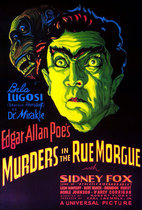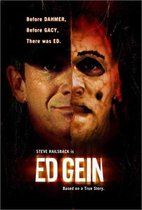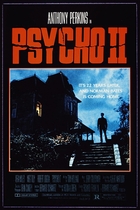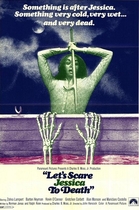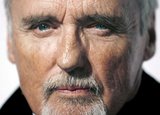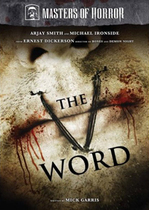Texas Chainsaw Massacre Month. I don't know what makes men like Ed
Gein superstars, when all they leave behind them is suffering, loss
and madness. Maybe it's that their stories are so bizarrely gothic
and so filled with lurid details that no movie could make up.
Ironically movies about these creatures will later appear - the weird
parts repackaged for general consumption. After this we can relax,
take a breath and tell ourselves, "Well heck, it's only a movie."
When this happens enough, when we've seen the film, read the books
and got the pez dispenser, men like Gein become no more real to us
than a Leatherface, a Freddy Krueger or King Kong. Soon they have a
separate 'star image' and while they still give most of us the
chills, for others they are 'anti-heroes' or symbols of
rebellion. Perhaps this is the only way we can make life bearable, by
fictionalizing them, making fun and denying anything really ever
happened. But it did happen and Gein was real. So were his victims.(read more...)




